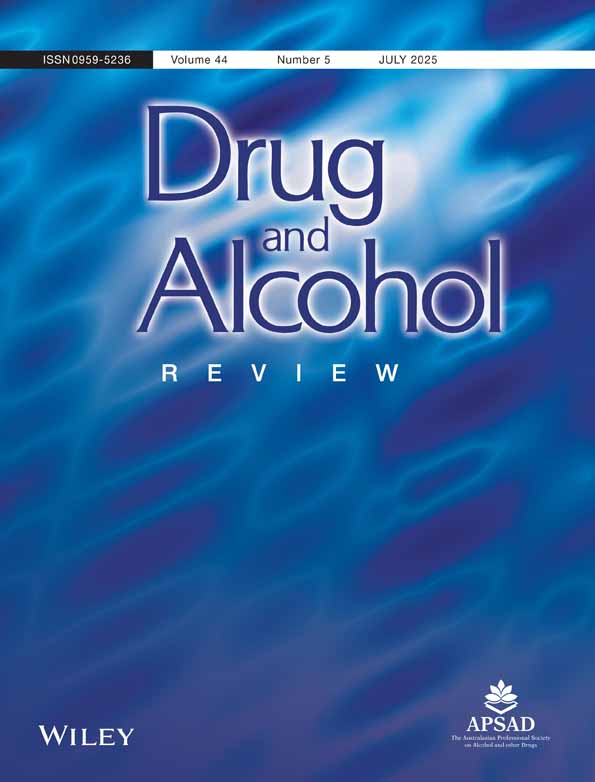Making licensed venues safer for patrons: what environmental factors should be the focus of interventions?
Abstract
The Queensland Safety Action Projects operationalized a problem-focused responsive regulatory model in order to make nightclubs and other venues safer. A problem-focused approach requires a careful analysis of the total environment of licensed venues, including drinking and its controls but also the social and physical environments, patron mix and management practices. We present new analyses of observational data collected in 1994 and 1996 in the north Queensland cities of Cairns, Townsville and Mackay. Major reductions in aggression and violence were observed, as well as improvements in many aspects of the venue environment and management practices. We do not argue in this paper that the interventions caused the environmental and management changes, although we believe this to be true. Rather, our assumption is that whatever caused them, some of the environmental and management changes were critical to the reductions in aggression. Regression techniques were used to identify those factors that best explained the declines in aggression. For reduced physical violence four key predictors were identified: improved comfort, availability of public transport, less overt sexual activity and fewer highly drunk men. For reduced non-physical aggression, four key predictors were: fewer Pacific Islander patrons, less male swearing, fewer intoxicated patrons requiring that management be called and more chairs with armrests. The analyses are consistent with the argument that the control of drinking is necessary but not sufficient to reduce aggression and violence.




